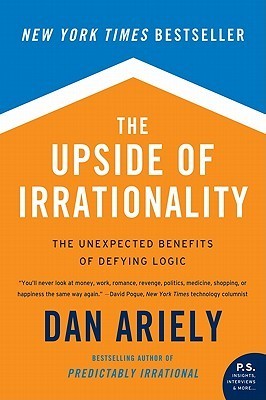
You Are Not So Smart
Book Description
Forget everything you think you know about how your mind works. Unravel the hidden biases and cognitive quirks that shape your beliefs and decisions in ways you never imagined. Dive into a world where logic unravels, and the truth is often stranger than fiction. Discover the curious science behind why people cling to falsehoods and the surprising power of irrationality. Each page unveils a startling revelation about the human psyche, revealing that ignorance is more common than enlightenment. Can you trust your own mind, or is your brain leading you astray?
Quick Book Summary
"You Are Not So Smart" by David McRaney delves into the fascinating and sometimes unsettling territory of cognitive biases and self-delusion. Through a series of engaging anecdotes and scientific research, the book reveals that much of what we believe about how our minds operate is incorrect. McRaney explores everyday misconceptions, logical fallacies, and illusions that affect our reasoning. Instead of being rational processors of information, humans are prone to believing stories, making snap judgments, and clinging tenaciously to incorrect beliefs even in the face of evidence. The underlying message urges readers to be skeptical of their own thought processes, recognize that everyone has blind spots, and embrace humility when considering personal knowledge and decision-making.
Summary of Key Ideas
Table of Contents
Cognitive Biases and Logical Fallacies
The mind is not the accurate and logical machine we often assume it to be. Instead, it is riddled with biases and blind spots that influence our perceptions, judgments, and decisions. McRaney begins by exploring common cognitive biases such as the Dunning-Kruger effect, confirmation bias, and fundamental attribution error. These mental shortcuts, though sometimes useful, frequently lead us astray without our conscious awareness. Through relatable examples and research, the book illustrates just how pervasive and impactful these glitches are in everyday thinking.
The Illusion of Rational Thinking
One central idea is the illusion of rationality. We like to believe that reason and logic dictate our actions, but in reality, emotions and pre-existing beliefs often take the lead. Our justifications and explanations for behavior generally arrive after decisions have already been made subconsciously. The mind retroactively crafts stories to fit these actions, providing the comforting—yet inaccurate—assumption that we acted reasonedly all along. This section challenges the reader to accept that rationality is often more of a narrative than a reality.
The Power of Confirmation and Belief
McRaney delves into the power of belief and confirmation bias. People are drawn to information that validates their existing views and are quick to reject opposing evidence. This selective exposure fuels echo chambers, superstition, and conspiracy theories, illustrating that we often value comfort over truth. The book explains how these biases originate and why they persist, compelling readers to scrutinize the sources of their beliefs and the veracity of information they accept.
Overconfidence and Memory Distortions
Another important theme revolves around overconfidence and the fallibility of memory. We trust our recollections and judgments far more than we should, frequently misremembering details or being convinced of falsehoods due to repetition or social influence. The book dissects how memories are constructed, altered, and sometimes completely fabricated, further undermining the reliability of subjective experience.
Self-Deception in Everyday Life
Ultimately, "You Are Not So Smart" is a guide to self-awareness. It encourages readers to recognize their own mental imperfections, practice intellectual humility, and foster curiosity about how the mind works. By embracing this skeptical yet playful perspective, we become better equipped to question our assumptions, improve decision-making, and sympathize with the universal nature of human irrationality.
Download This Summary
Get a free PDF of this summary instantly — no email required.





